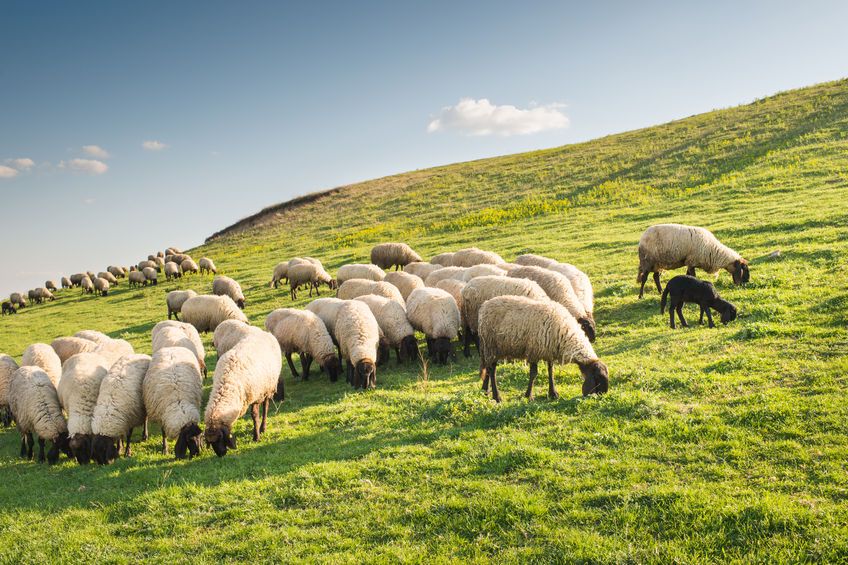
Two separate funds will replace the EU's land-based payments under new government proposals to support Welsh farmers post-Brexit.
The Welsh government has today launched a consultation on a new Land Management Programme to support farmers post-Brexit, replacing the Common Agricultural Policy (CAP).
Two new "large and flexible" schemes will replace Basic Payment Scheme (BPS), Glastir and other parts of the Rural Development Programme, according to the government.
The programme will consist of the Economic Resilience Scheme, which will provide investment to farmers and their supply chains to increase competitiveness and make improvements in food productivity.
Examples of what the money could be used for include buying machinery, or helping with marketing support.
The second fund, the Public Goods Scheme, will provide a new income stream to farmers delivering public goods from the land.
It will enable them to help address challenges such as climate change mitigation, habitat loss, poor air and water quality.
'Do things differently'
All land managers will have the opportunity to benefit from the new schemes, not just those currently receiving CAP.
However, the government says recipients "will need to do things differently" in return for this support.
No changes will be made to the existing BPS scheme in 2018 and 2019 and all current Glastir contracts will continue to be honoured.
From 2020, work will begin to move to the new schemes, including a phased reduction in BPS as new schemes come on-stream.
The Welsh government wants to have the new schemes fully in place by 2025 using existing Rural Payments Wales systems.
Currently, the EU's CAP provides around £300m a year of support for Welsh farmers. The government has reiterated that Wales should "not lose a penny" from leaving the EU, and calls on the UK government to confirm that Wales will maintain its current share of funding.
'Significant change'
The Welsh government's Cabinet Secretary for Rural Affairs, Lesley Griffiths said the two funds marks a "significant change".
“Once we leave the EU, our access to markets and how we compete will change so maintaining the status quo is not an option,” she said.
“Exiting the EU means we have to do things differently and now is the time to prepare. We need to change how we support our farmers and agriculture sector to make them sustainable and able to thrive in a new trading environment. We have the chance to design a ‘Made in Wales’ system that works for Welsh farmers and our communities.
"The Programme marks a significant change. That is why we want to see a phased transition that balances time needed for change with the need to provide timely support.
Ms Griffiths added: “Our new programme aims to keep farmers farming on their land and will enable the sector to thrive in a post-Brexit world.”
